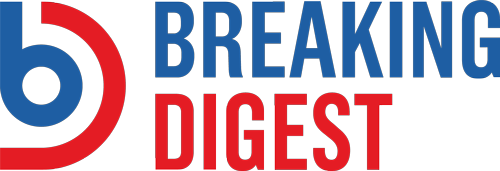
According to a significant Federal Reserve Bank of New York study published Monday, Americans are worried about a credit crisis after a string of bank failures and expect more inflation in the coming years.
According to the New York Federal Reserve’s Survey of Consumer Expectations, the median projection for inflation one year from now is 4.7%, up from 4.2% in February. That’s the first series gain since October and complicates the Fed’s attempt to smash pricing pressures with rapid rate hikes.
According to the report, consumers expect inflation to stay around 2.8% for three years. Central bank officials predict 2.5% inflation next year.
Despite rising inflation estimates, people expect food, fuel, and rent to shrink while housing costs rise.
The Fed’s response to inflation depends on the survey’s 1,300-household rotating panel. Consumer expectations affect real inflation. If everyone expects prices to grow by 3% this year, firms may raise prices by at least 3%. To counteract growing expenses, workers will seek a 3% rise.
Chairman Jerome Powell has frequently urged central bankers to watch for increasing inflation expectations, which might lead to high consumer prices.
In early May, policymakers may raise the benchmark federal funds rate again after nine straight increases.
Two days after the revised inflation expectation estimates, new consumer price index data is projected to demonstrate increased inflation’s stickiness: Refinitiv economists forecast 0.4% monthly and 6% annual inflation in March, three times the pre-pandemic norm.
The research also indicated that consumers said credit is tougher to acquire than the previous year at its highest level since 2014.
Banks tighten lending restrictions during a credit crunch, making loans hard to get. Banks may need higher interest rates from borrowers to mitigate financial risk. Fewer loans would reduce consumer and company big-ticket expenditures.



